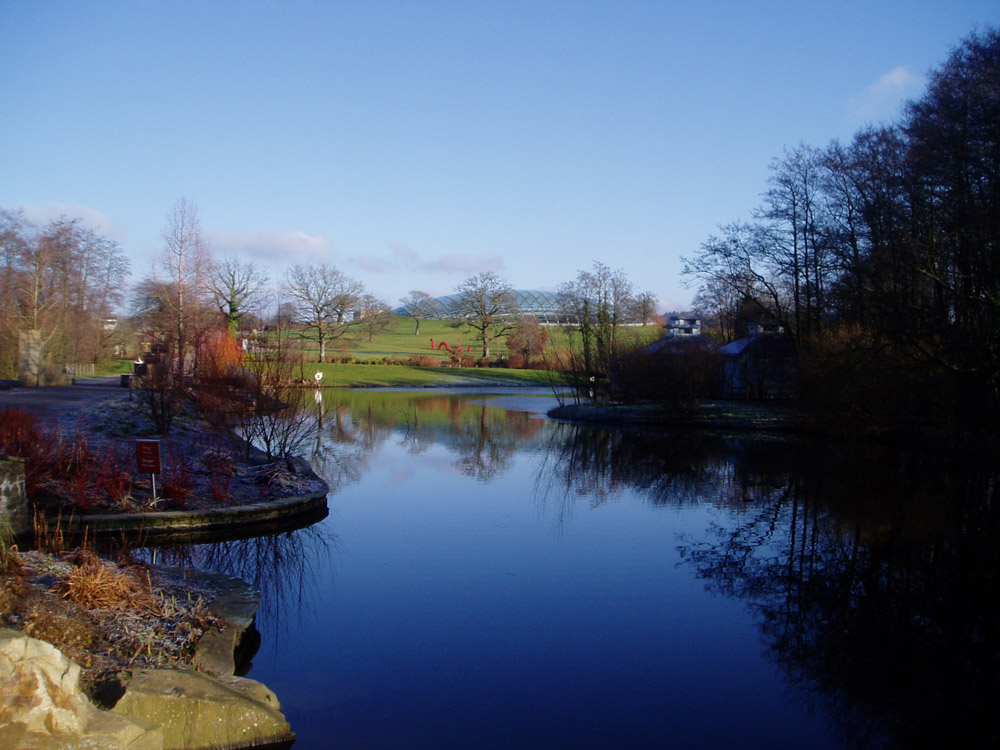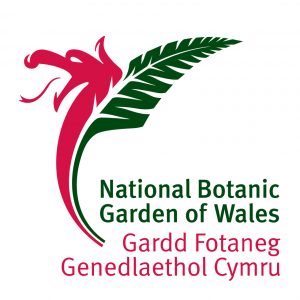
Student: Gwendoline Wilson, Swansea University
Company Partner: National Botanic Garden of Wales
Academic Supervisor: Dr Geoff Proffitt
The Student Perspective
by Gwendoline Wilson, Swansea University
The Project
My KESS project is looking at visitor behaviour in the National Botanical Gardens using animal tracking devices on humans. These devices not only track people’s movements throughout the garden but also where they are looking. This allows me to map out the parts of the garden that receive the highest volumes of traffic and those areas where there is less interest. The gardens want to have the best visitor experience possible and it is important for them to know what specific areas their visitors are interested in. The gardens also want value for money and to improve their exhibits, so with this project they will know if the signage that they have is effective or not being looked at, so they can change either the design or the location of signage if necessary.
The project was slower to progress than I’d initially anticipated but this was because it was a new application on humans and required extensive testing before I was able to begin working with the gardens.
Unexpected Results
When I began the testing, it was amazing to see the radical difference in the way various people behaved. This is true whether the subjects were walking in a featureless corridor or outside in the garden. Teasing out the reasons for this variability is a major challenge, but one that will be extremely valuable for a suite of projects in the future.
Personal Development
On a daily basis I did not realise how much I had learned but, at the end of it all, I realise that I have had a step change in my competence in a whole suite of issues. I have learnt how to calibrate, test and use cutting-edge technology as well as use visualisation tools in the lab to help me pick out important features and interpret complex data as a whole. My skills set has been enhanced hugely, with some of the other key skills that
I have developed while working on my KESS project being organisation-, planning- and communication-related, especially when it comes to the company interactions.
The KESS project has pushed me out of my comfort zone, in a very good way.
Highlight
The highlight for me to date was tagging my first “wild” participant; I’d been working on the project for so long within the walls of the University it was nice to see it all come together. The tags themselves were on baseball caps so as to not be intrusive when people are walking around the garden.
The Future
There are opportunities to build on my research. I’ve been lucky to have been awarded a fully-funded PhD which has now started now that my Master’s is finished. The project is based on the same technology as my KESS project and is funded by the Ordinance Survey and Research Centre, U.K.
Without KESS I wouldn’t have been able to do any post-graduate work. I do believe that this opportunity is going to make a big difference and I’m glad to have been able to take advantage of what KESS has to offer.









